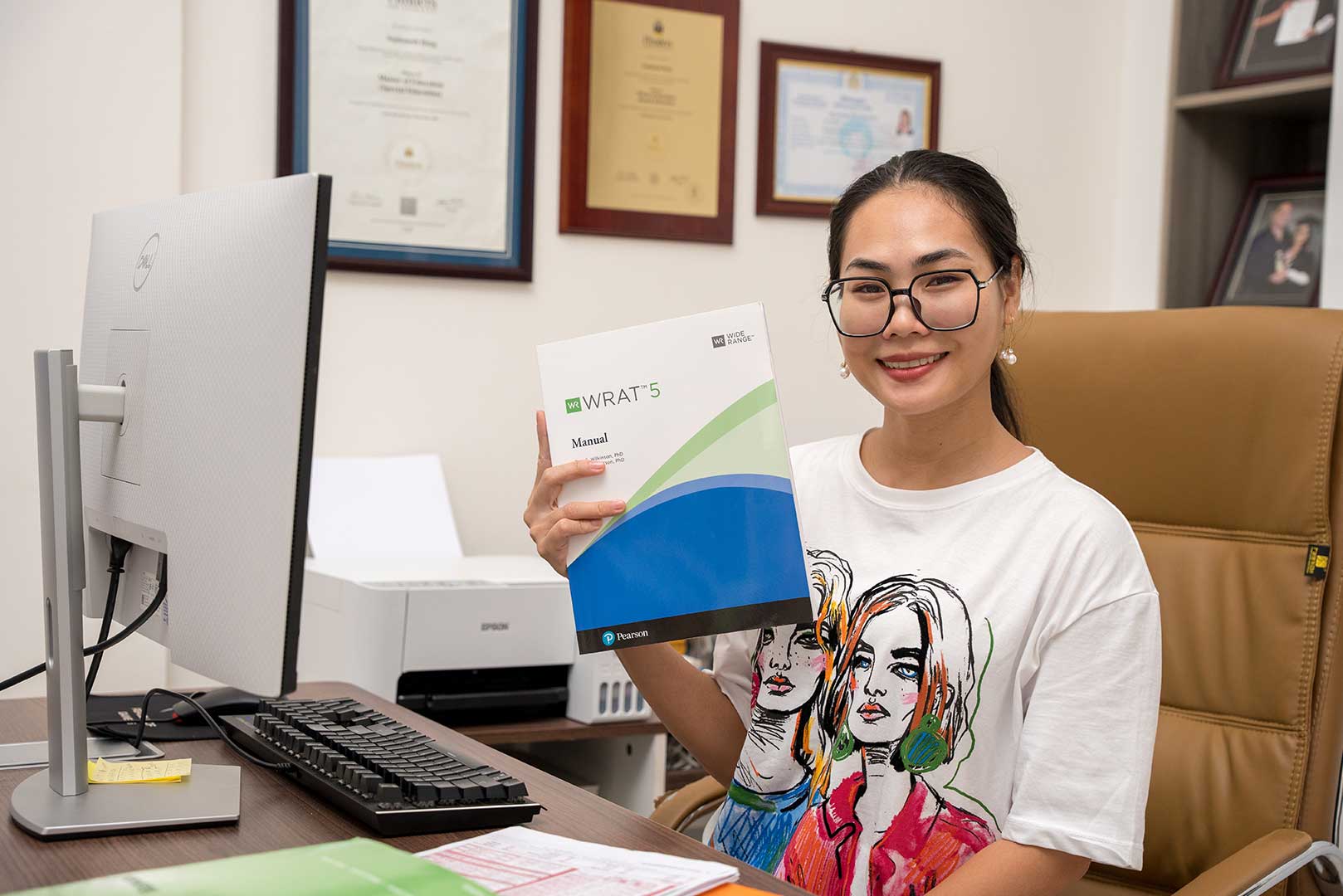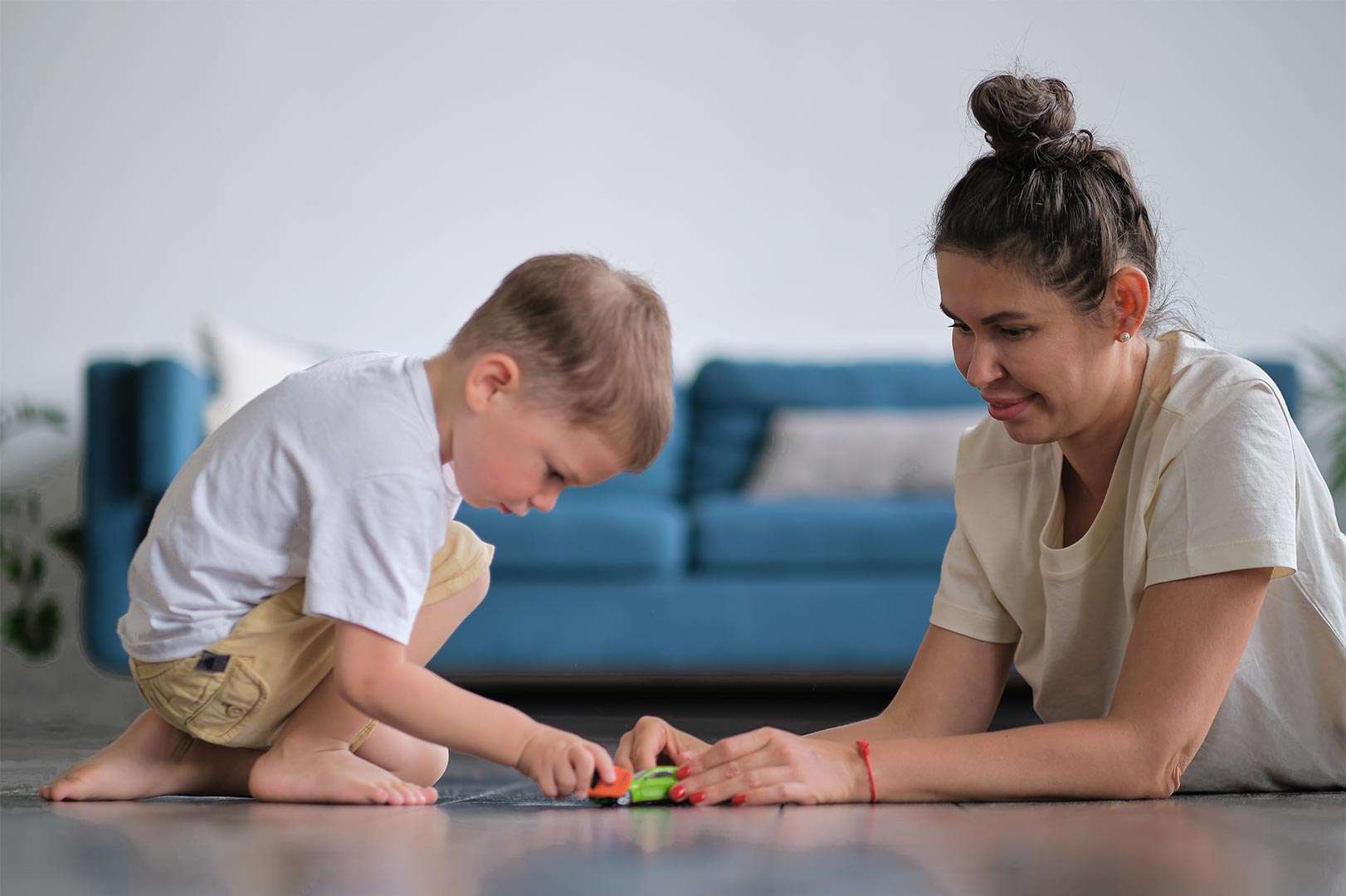Assessment is an essential part of the special education process. It helps teachers and other professionals to understand students’ strengths and weaknesses, identify their needs, and develop appropriate instructional programs. Assessments can be formal or informal, and they can be used to measure a variety of different skills and abilities.
Types of Assessment
There are two main types of assessment: formal and informal. Formal assessments are typically standardized tests that are administered and scored in a specific way. Informal assessments are less structured and can be used to gather information about a student’s progress on a daily or weekly basis.
Some common examples of formal assessments for students with special needs include:
- Intelligence tests: These tests measure a student’s overall intellectual ability.
- Achievement tests: These tests measure a student’s knowledge and skills in specific academic areas, such as reading, writing, and math.
- Diagnostic tests: These tests are used to identify specific learning disabilities or other challenges that a student may be facing.
Informal assessments can include:
- Observation: Teachers can observe students in the classroom and during other activities to gather information about their strengths, weaknesses, and learning styles.
- Portfolios: Portfolios are collections of student work that can be used to track progress over time.
- Interviews: Teachers can interview students, parents, and other professionals to gather information about a student’s needs and development.
Accommodations and Modifications
When assessing students with special needs, it is important to consider their individual needs and provide appropriate accommodations and modifications. Accommodations are changes to the way an assessment is administered that do not change the content of the assessment. Modifications are changes to the content of an assessment that make it more accessible to students with special needs.
Some common examples of accommodations include:
- Providing extended time
- Allowing students to use assistive technology
- Reading test questions aloud to students
- Providing students with breaks during the assessment
Some common examples of modifications include:
- Providing students with a simplified version of the test
- Reducing the number of questions on the test
- Allowing students to choose the way they respond to questions (e.g., verbally, in writing, or by drawing pictures)
Assessment Tools
There are a variety of assessment tools that can be used to assess students with special needs. The most appropriate tool to use will depend on the student’s individual needs and the specific skills or abilities that are being assessed.
Some common examples of assessment tools for students with special needs include:
- Academic achievement tests: These tests measure a student’s knowledge and skills in specific academic areas.
- Adaptive assessments: These tests are computer-based and adjust the difficulty level of the questions based on the student’s responses.
- Behavior rating scales: These scales are used to assess a student’s behavior in different settings.
- Developmental checklists: These checklists are used to track a student’s progress on developmental milestones.
Assessment Process
The assessment process for students with special needs typically begins with a referral from a teacher or other professional. Once a referral has been made, the student will be evaluated by a team of professionals, such as a school psychologist, speech-language pathologist, and special education teacher. The team will use a variety of assessment tools to gather information about the student’s strengths, weaknesses, and needs.
Once the evaluation is complete, the team will develop an individualized education program (IEP) for the student. The IEP is a document that outlines the student’s educational goals and the services that will be provided to help the student achieve those goals.
MTSS
Multi-tiered systems of support (MTSS) is a framework for providing early intervention and support to students who are struggling in school. MTSS is a three-tiered system, with each tier providing increasingly intensive support to students.
Tier 1 is the core curriculum and instruction that is provided to all students. Tier 2 is additional support for students who are struggling to meet the grade-level standards. Tier 3 is intensive support for students who need the most help.
Assessment is an important part of MTSS. Assessments are used to identify students who are struggling and to monitor their progress over time.
Assessing students with special needs is an important part of the special education process. It helps teachers and other professionals to understand students’ strengths and weaknesses, identify their needs, and develop appropriate instructional programs.
Assessment is an essential part of the special education process. It helps teachers and other professionals to understand students’ strengths and weaknesses, identify their needs, and develop appropriate instructional programs. Assessments can be formal or informal, and they can be used to measure a variety of different skills and abilities.
Types of Assessment
There are two main types of assessment: formal and informal. Formal assessments are typically standardized tests that are administered and scored in a specific way. Informal assessments are less structured and can be used to gather information about a student’s progress on a daily or weekly basis.
Some common examples of formal assessments for students with special needs include:
- Intelligence tests: These tests measure a student’s overall intellectual ability.
- Achievement tests: These tests measure a student’s knowledge and skills in specific academic areas, such as reading, writing, and math.
- Diagnostic tests: These tests are used to identify specific learning disabilities or other challenges that a student may be facing.
Informal assessments can include:
- Observation: Teachers can observe students in the classroom and during other activities to gather information about their strengths, weaknesses, and learning styles.
- Portfolios: Portfolios are collections of student work that can be used to track progress over time.
- Interviews: Teachers can interview students, parents, and other professionals to gather information about a student’s needs and development.
Accommodations and Modifications
When assessing students with special needs, it is important to consider their individual needs and provide appropriate accommodations and modifications. Accommodations are changes to the way an assessment is administered that do not change the content of the assessment. Modifications are changes to the content of an assessment that make it more accessible to students with special needs.
Some common examples of accommodations include:
- Providing extended time
- Allowing students to use assistive technology
- Reading test questions aloud to students
- Providing students with breaks during the assessment
Some common examples of modifications include:
- Providing students with a simplified version of the test
- Reducing the number of questions on the test
- Allowing students to choose the way they respond to questions (e.g., verbally, in writing, or by drawing pictures)
Assessment Tools
There are a variety of assessment tools that can be used to assess students with special needs. The most appropriate tool to use will depend on the student’s individual needs and the specific skills or abilities that are being assessed.
Some common examples of assessment tools for students with special needs include:
- Academic achievement tests: These tests measure a student’s knowledge and skills in specific academic areas.
- Adaptive assessments: These tests are computer-based and adjust the difficulty level of the questions based on the student’s responses.
- Behavior rating scales: These scales are used to assess a student’s behavior in different settings.
- Developmental checklists: These checklists are used to track a student’s progress on developmental milestones.
Assessment Process
The assessment process for students with special needs typically begins with a referral from a teacher or other professional. Once a referral has been made, the student will be evaluated by a team of professionals, such as a school psychologist, speech-language pathologist, and special education teacher. The team will use a variety of assessment tools to gather information about the student’s strengths, weaknesses, and needs.
Once the evaluation is complete, the team will develop an individualized education program (IEP) for the student. The IEP is a document that outlines the student’s educational goals and the services that will be provided to help the student achieve those goals.
MTSS
Multi-tiered systems of support (MTSS) is a framework for providing early intervention and support to students who are struggling in school. MTSS is a three-tiered system, with each tier providing increasingly intensive support to students.
Tier 1 is the core curriculum and instruction that is provided to all students. Tier 2 is additional support for students who are struggling to meet the grade-level standards. Tier 3 is intensive support for students who need the most help.
Assessment is an important part of MTSS. Assessments are used to identify students who are struggling and to monitor their progress over time.
Assessing students with special needs is an important part of the special education process. It helps teachers and other professionals to understand students’ strengths and weaknesses, identify their needs, and develop appropriate instructional programs.
Find out if your child needs extra support today!
- My child screams hysterically
- My child is mean to other children
- My child is always worried
- My child is scared to go to school
- My child is scared of loud noises
- My child doesn’t know how to read
- My child is scared to play outside
- My child does not respond to his name
- My child always gets in trouble
- My child fights with other children
- My child doesn’t know how to count
If you are concerned about your child’s development, contact us for Assessments: Phone/Telegram: 077.455.993 – Telegram Link: https://t.me/OrbRom
If you are concerned about your child’s development, contact us for Assessments.
Phone/Telegram: 077.455.993 Link: https://t.me/OrbRom






Leave A Comment